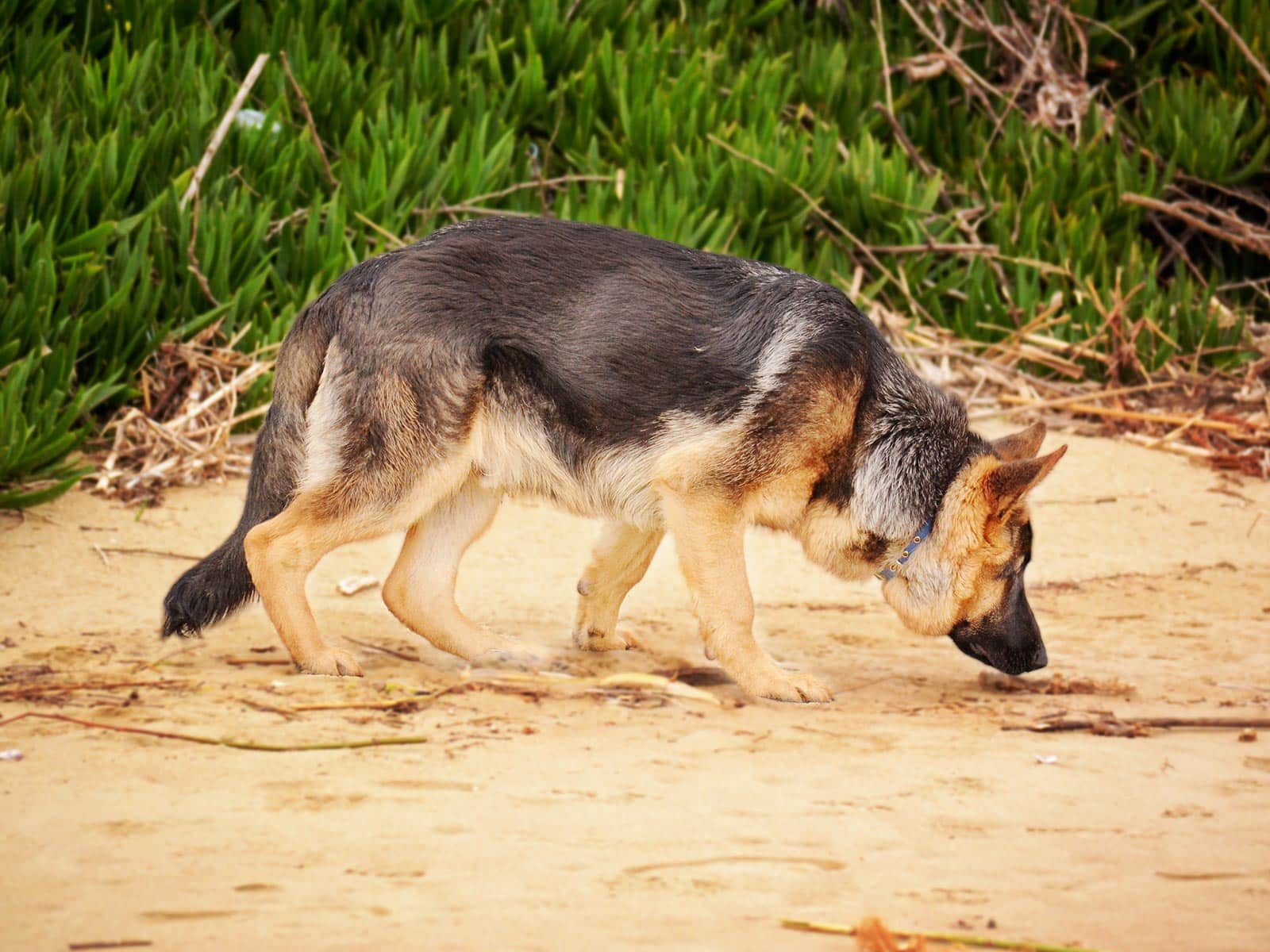Do drug sniffer dogs actually work?
We’ve all encountered sniffer dogs at some point, whether at an airport, a train station or a music festival. They are a cute sight for some but they make alarm bells ring for others. If you are carrying an illicit substance or have been in contact with an illicit substance, a sniffer dog may pick up the smell. This could result in a police search.
Read on to find out more about sniffer dogs, also known as drug detection dogs in NSW. It is helpful to understand what they do, how they work and the rules surrounding them.
Where sniffer dogs are deployed
In NSW, police have been using dogs to support their work since the 1930s. Drug sniffer dogs are a more recent phenomenon.
These highly-trained dogs can be deployed anywhere, at the discretion of the police or a relevant agency. Often, any large event where drug use is suspected will earn the attention of sniffer dog units. This includes music festivals.
Airports and other travel facilities like train stations are often targeted as well. In general, you should be aware that if you are travelling or attending a large event there is a possibility that sniffer dogs will be present.
What dogs can be trained to smell
So what can sniffer dogs smell?
Throughout history, dogs have been used for their sense of smell. Many breeds were created specifically to help hunt foxes or rabbits. For years, bloodhounds were used to help police track people who were either on the run or missing.
These days, dogs can be trained to identify a huge variety of smells. They can be used to find human remains, firearms, explosives, and even invasive species.
Dogs are also good at sniffing out illicit drugs. Most sniffer dogs can be trained to pick up the smell of marijuana, cocaine, heroin, methamphetamine, opiates, ecstasy and LSD.
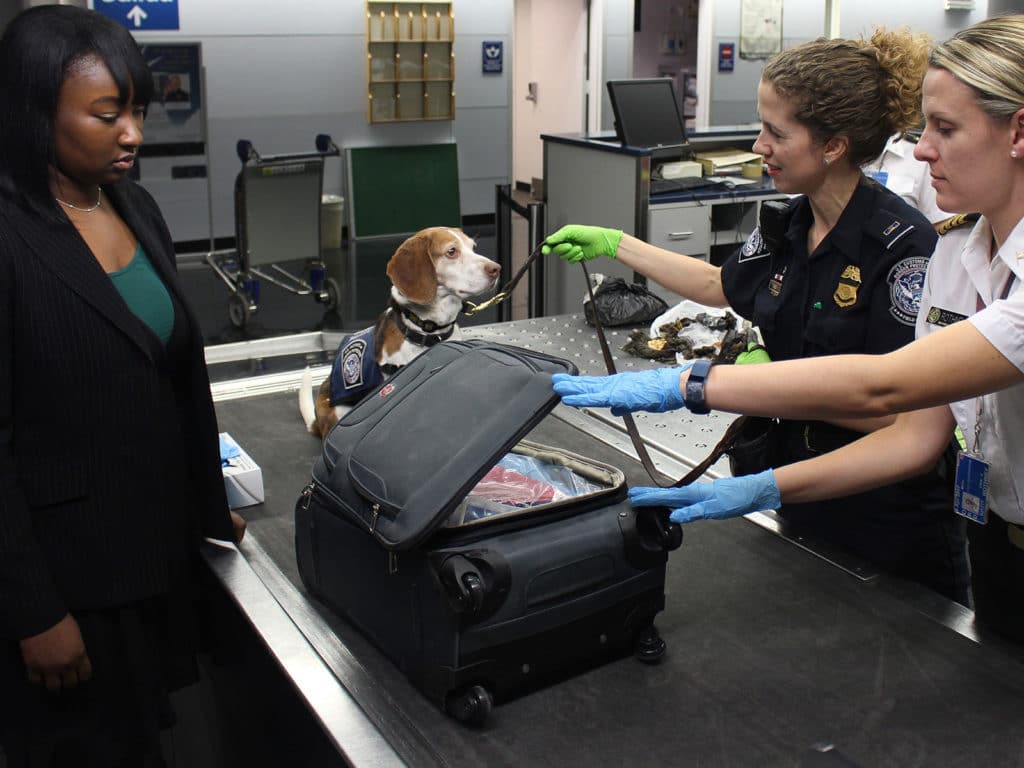
How are sniffer dogs trained?
Dogs don’t actually have any interest in drugs. A long and complicated process trains them to seek out the scent of drugs.
Usually, it begins with associating the smell with the dog’s favourite toy. The dog then learns to associate the scent of the drug with its toy. As it learns to identify specific smells, the pooch is rewarded with treats. This positive reinforcement makes the dog eager to succeed. Eventually, success becomes sufficient reward.
It’s worth remembering that if a dog is sniffing at you, it is just looking for its toy and wanting to be a good dog. The dog has no idea about drugs or legality, it is just doing what it has been trained to do. It is not trained to attack or hurt you, even if it detects something.
Sniffer dogs alert their handler to the presence of the scent in different ways. Drug sniffer dogs and those trained to smell fresh fruit at airports could paw at the spot they smell something. Bomb-sniffing dogs, on the other hand, will sit passively. Pawing at an explosive could be very dangerous for the dog and its handler.
Often, sniffer dogs are beagles. It is not necessarily because they have a better sense of smell than other dogs. This breed is used because it is not very large or intimidating. In most cases, members of the public won’t object to a friendly beagle coming up for a sniff which makes it easier for handlers to approach people.
One problem caused by sniffer dogs is that someone people fear dogs, no matter what the breed. Festival-goers have reported being searched by police after quickly moving away from sniffer dogs due to a phobia. Unfortunately, this is one of the flaws of using animals as part of police work.
When can police use sniffer dogs?
According to the State Library of NSW;
“Police can use sniffer dogs without a warrant to detect illegal drugs (under the NSW Law Enforcement (Powers and Responsibilities) Act 2002) but only for ‘general drug detection’, defined to mean using a dog to detect the potential presence of drugs by smell, before the police conduct any actual search of the person or their belongings.
Police can use a dog to assist with general drug detection without a warrant in relation to a person who is at, entering or leaving:
- premises licensed for the consumption of liquor sold there (not including a restaurant or dining room)
- a public place being used for ‘a sporting event, concert or other artistic performance, dance party, parade or other entertainment’
- a train, bus or light rail vehicle, on a prescribed route, or a station, platform or stop
- any premises licensed to perform body art tattooing, or any other premises that the police officer reasonably suspects are being used to perform body art tattooing procedures for fee or reward
- any public place in the Kings Cross precinct (being the area including and bounded by the parts of streets specified in Schedule 2 to the Liquor Act 2007 (NSW)). In other circumstances—for example, in a public street (other than the Kings Cross precinct)—police can only use drug detection dogs to search people or vehicles with a warrant.”
What to do if you are approached by a sniffer dog
Most people encounter a sniffer dog at some stage, especially if they attend festivals or travel by plane.
If you are approached by a sniffer dog, the best thing to do is to stand patiently and let the dog do its job. If the dog detects no evidence of drug it will move on and you can carry on with your day.
If the dog sits down next to you, it may be an indication that it has smelt drugs. This doesn’t mean police immediately believe you are carrying drugs or that you will definitely have charges laid against you. It is up to the officer’s discretion as to whether they search you or not.
Police keep details very close to the chest as to exactly why they would choose to search a particular individual.
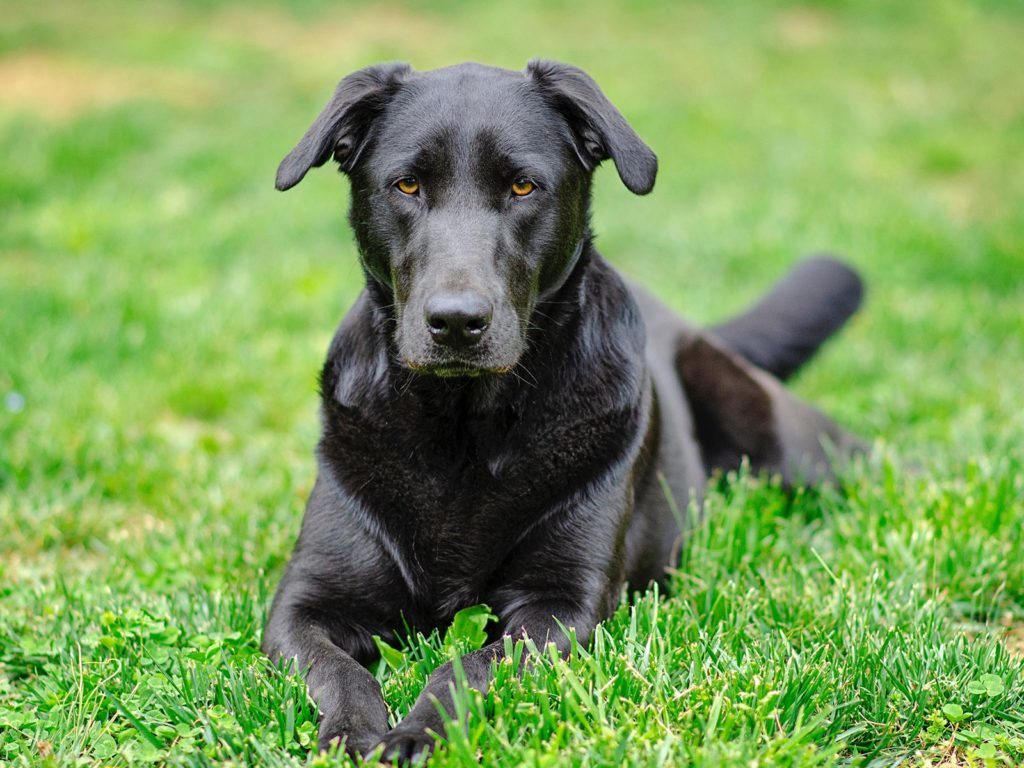
Do sniffer dogs actually work?
Drug detections dogs are believed by many to be effective, partly due to their presence alone. Having them at festivals or airports acts as a deterrent and encourages people not to carry or consume drugs where dogs may be present.
The effectiveness of sniffer dogs when it comes to identifying people carrying drugs is up for debate. In 2018, the ABC reported that NSW data shows that in 63% of searches carried out on the strength of a drug-sniffer dog, no drugs were found. In South Australia, only 18% of searches found drugs. However, this does not mean the person hadn’t been in recent contact with drugs.
While dogs can smell drugs, they cannot detect the quantity of drugs they can smell. All the dog knows that there is a scent of drugs on a certain person.
This is not to say that NSW police sniffer dogs are useless. They are generally considered as a way to begin investigations. They don’t immediately prove someone is carrying drugs but can alert police to someone potentially carrying drugs.
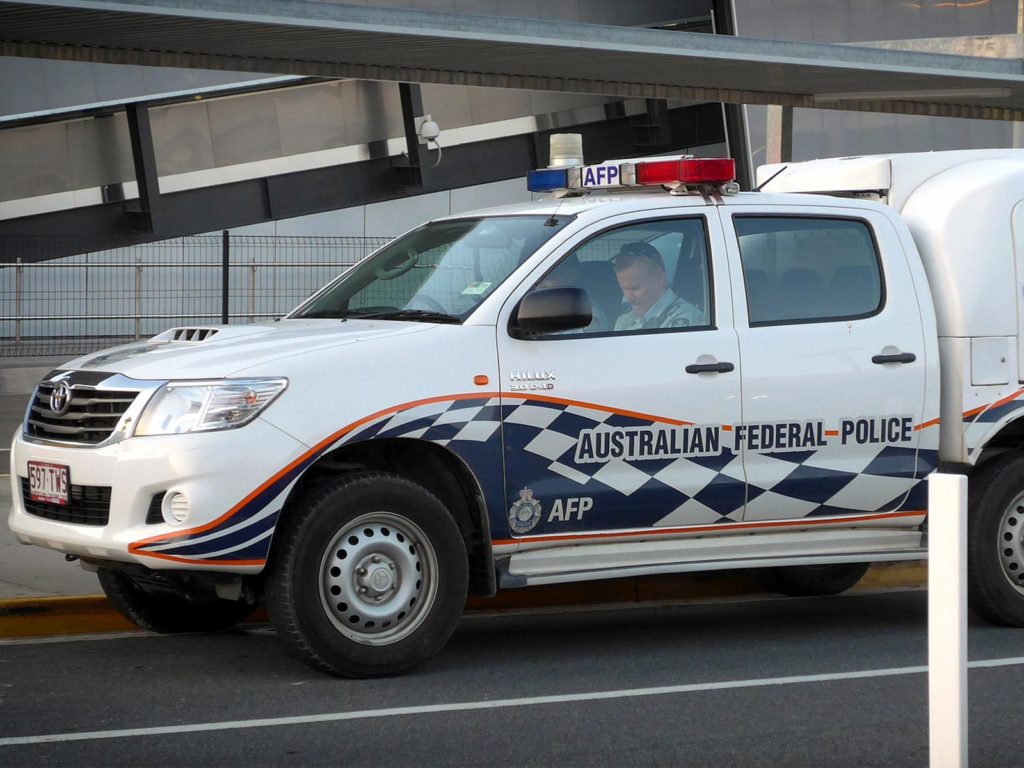
Your rights when it comes to sniffer dogs and searches
As the law currently stands, once a sniffer dog has identified you as a potential holder of illicit drugs, the police do have the right to search you.
It is best to comply with the officer’s request. While you have the right to refuse, this can complicate things and risk charges of resisting.
The rules for a police search are clearly laid out in the Police NSW’s Personal Search Manual. This has recently been made available to the public here.
As laid out in the manual, there are several things an officer must do before carrying out a search. Most importantly, they must present you with evidence that they are a police officer, inform you of their name and of the reason you are being searched. They must also record the type of search being carried out, be it person search or strip search, the names of the officers present, the reason for the search and whether or not force was employed.
What you should do if you are told you’re going to be searched?
Even if you haven’t been anywhere near drugs, a drug detection dog could show an interest in you.
The most important thing to do if you’re about to be searched is to remain calm, polite and compliant.
Experts recommend you let the officer know that you don’t consent to a search but that you will still cooperate. They also recommend you ask the officer to take note of your lack of consent. If you were to consent to a search, you are waiving several of your key rights, including challenging the legality of the search at a later date.
It is still vital you comply with the officers. A show of resistance can result in further charges that will not go well for you in the long run. Let the officers know that you don’t consent but stay civil and polite. As stated in the manual, police are allowed to use reasonable force if you refuse to comply with their requests.
Here’s some info about how police can search you and the rules:
Person search
If the police are doing a simple person search, they are only allowed to pat down the outside of your clothing. At most, they may run a finger under sleeves and just under waistbands but that is all.
Police can ask you to remove outer layers of clothes such as jackets, shoes and socks gloves or hats. They can also examine anything you have in your possession and ask you to empty your pockets or bag.
Strip search
A strip search is more complicated and is worth knowing a little about.
A search can be classified as a strip search, even if no article of clothing is removed. If an officer asks you to pull out your waistband so that they can see inside your underwear, for instance, that is considered a strip search.
If the officer has not informed you that they are conducting a strip search, you are never required to remove any article of clothing other than those stated above. You are also not required to expose your genitals, buttocks or breasts.
Police officers must find as private a place as possible to conduct a strip search. In most strip searches, the officer is not to touch your body, especially in your private areas.
Police do have caveats to get around this, but if you are cooperative there is no reason a police officer should have to touch you. They are allowed to ask you to move parts of your body yourself; to open your fingers or toes, or open your mouth for instance. For a much more comprehensive look at your rights during searches, check out our previous blog post about what to do if you are caught with drugs at a festival.
How reliable is sniffer dog evidence?
As mentioned above, drug sniffer dogs are very good at telling police if they smell what they recognise as drugs. What these dogs can’t do is assess quantities of drugs or differentiate between traces of drugs and whether actual substances are present.
The role of a sniffer dog is to let the officer know they smell something. In court, if the police state that a sniffer dog gave them cause to search. This is considered adequate evidence.
There is evidence, however, that if you ask juries do sniffer dogs actually work, the overwhelming answer is yes. Juries have been found to be overly confident in the accuracy of sniffer dogs. If you make sure that you express your lack of consent, however and to get the names of the officers involved then you will be as covered as you can be.
If you have been charged with possession or use of drugs, share with your lawyer how the sniffer dog was involved in the police search. Outside of a festival or public place, the police may have required a warrant to conduct a search. If they didn’t have one, this could help your case.
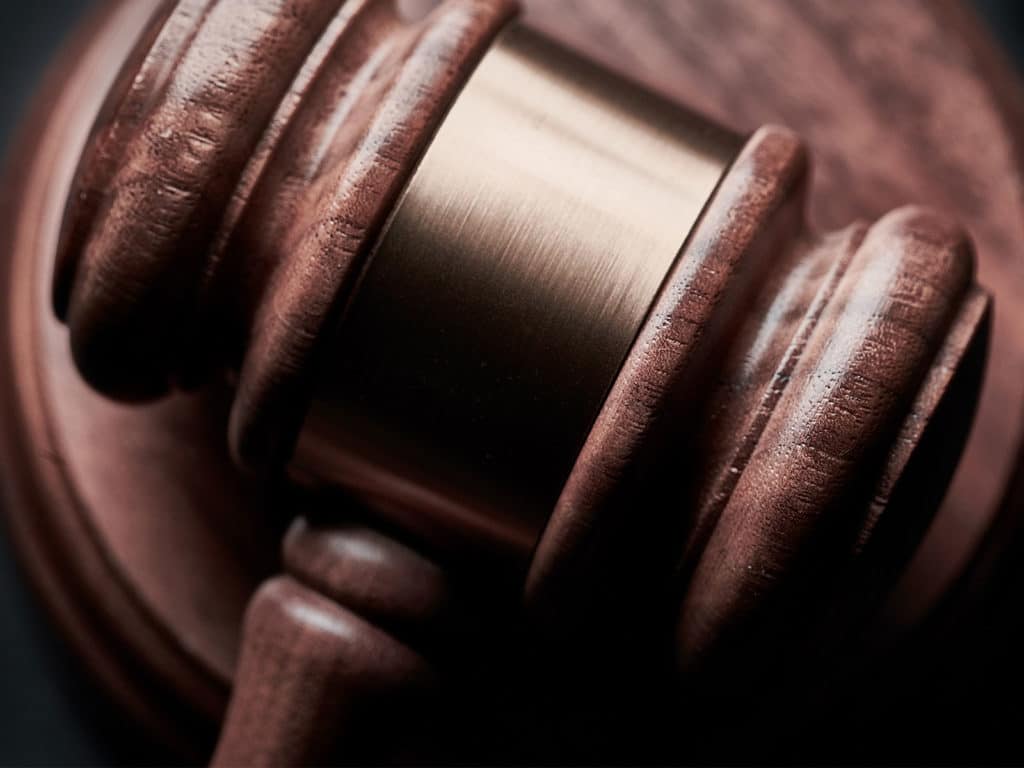
What to do if a sniffer dog has resulted in charges
If you were at a festival or other location and a sniffer dog caused police to police discover drugs and charge you with an offence, it is important to have professional legal support.
Contact the expert team at Australian Criminal Law Group. We offer free first consultations and fixed fees for most matters. Our solicitors have extensive experience and we ensure our clients are informed, prepared and ready for court.
Book an appointment at our Sydney, Parramatta or Blacktown office today.
